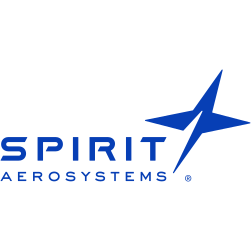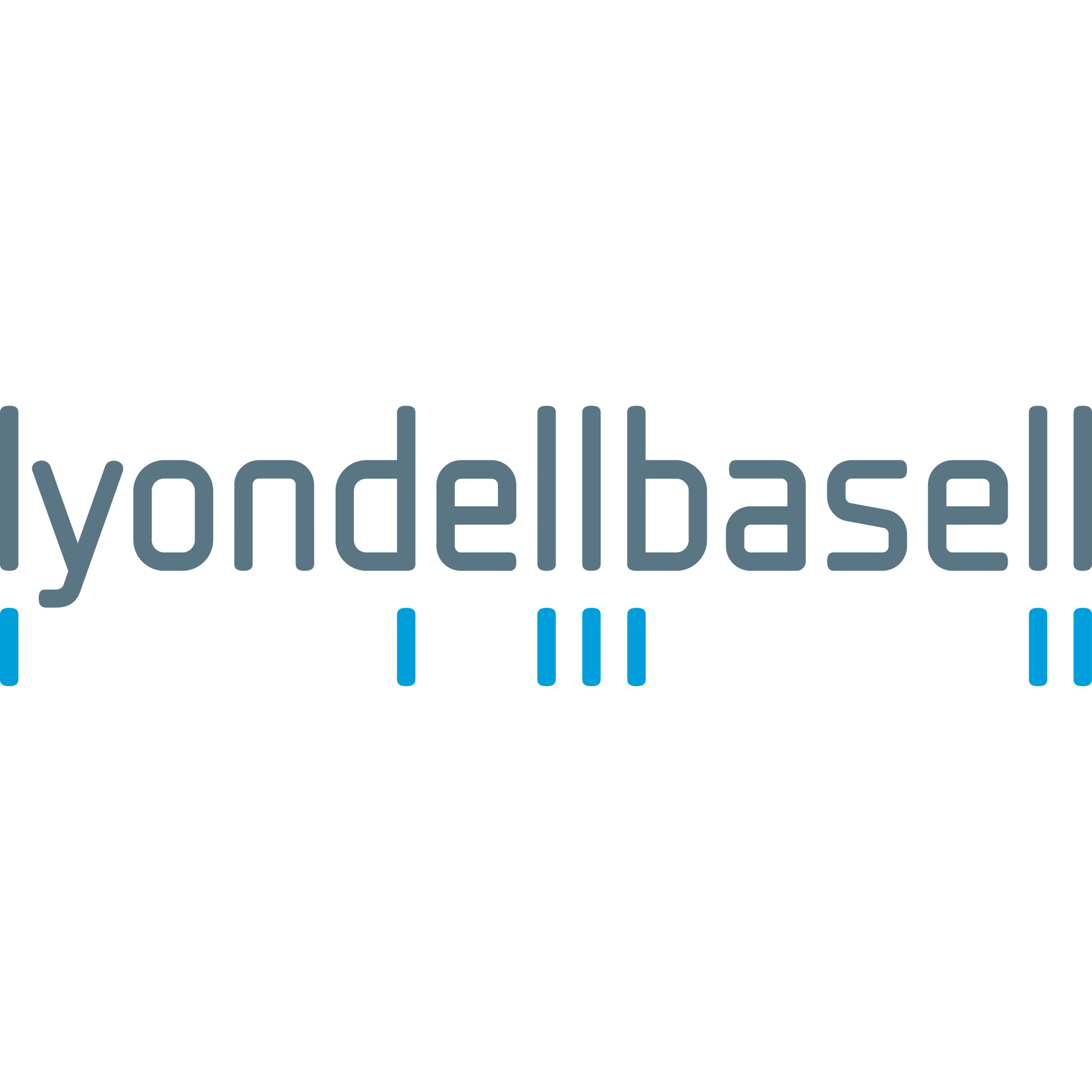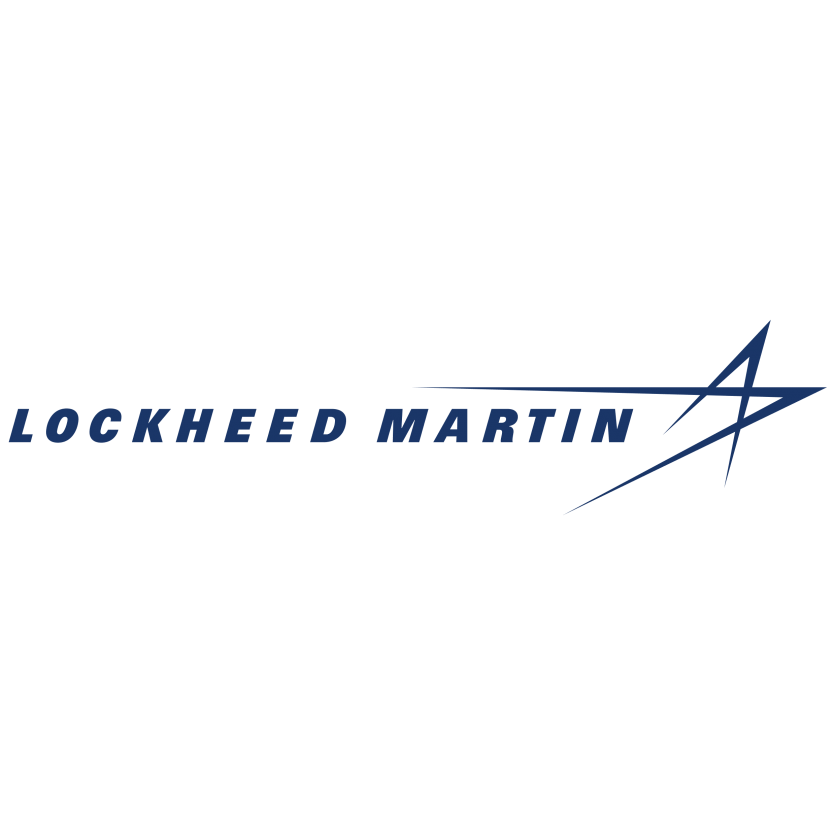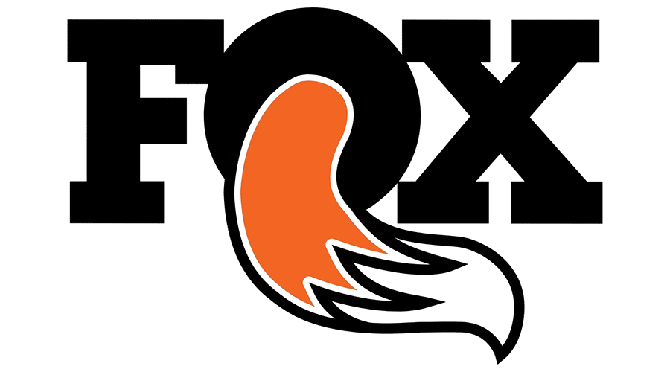Award Winning Research
Our Applied Research Collective Delivers Critical Insights To Accelerate And Elevate Business Results

Business Is Human; Relationships Power Growth
In today’s workplace, building strong relationships is a powerful asset that can greatly contribute to individual and organizational success. In today’s technological society, it is easy to get by communicating behind computers and phones, avoiding direct contact. Here are 8 key benefits of fostering relationships in the workplace and why you might consider picking up the phone instead of texting, or maybe taking a colleague to lunch or coffee.

Your Next Team Member Will Be AI
As the world starts to awaken to the possibilities, challenges, and necessary next steps with AI, employers, leaders, and team members are considering that they may soon be working with an Artificial Intelligence (AI) colleague. And depending on where your organization is on the adoption curve, it may well be true that your next team member or colleague could be AI. And even if that’s not the case, it won’t be long before AI colleagues are as common as computers in our work or home-based offices. This has significant implications for you, your team members, your colleagues, and the ecosystem you've built – or are building – with customers, trusted partners, and experts.

Culture Change CAN Happen Overnight
I was telling a colleague earlier this week about an important initiative we are working on with an organization that is going through an industry defining transformation. The client said, “We need more time to make changes happen.” My reply to them stopped them in their tracks. The bottom line is that we are all empowered to make change happen; but if we don’t use that power, change won’t happen - however long you give it to manifest. And culture change is easier to effect than most people think!

Did You Know You Own Your Colleagues’ Success?
I spent last week with a client sales team that was looking to improve results across their sales dashboard. In pursuit of diagnosing the issues, I found that everyone was working hard - each Sales Manager was busy all day, every day - but that the results were not what they wanted. In fact, I’d say more explicitly; each manager had a number of under performing sales representatives, and as a consequence, sales were down versus where they were expected to be in first quarter against the aggressive targets the company had set in a declining market. As our research proves time and time again, two key drivers really make a difference. And if you apply both of these, along with the right mindset of owning success together, you’ll get 10X results in no time.

Corporate Change: Five Awakenings from The Last Month
During the pandemic, most teams changed more in ten weeks than in the last ten years. For decades, we believed successful corporate transformation was almost beyond reach; it was too hard to make significant change stick – especially in larger companies. So many companies attempted to make major change happen. Most failed in the achievement of what we call the North Star, such as return on investment, increases in employee engagement, technology adoption, cost reduction, and so on. If we are honest, most of us had been begrudgingly happy with the status quo because it meant that we didn’t need to change anything ourselves. We were too busy. We were already working too many hours without a break, and we wanted all or part of our weekends to ourselves. We didn’t want to have to invest in changing something and, along the way, help others change and be successful too. But we learned a lot about organizational change from the seismic shifts brought about by the pandemic. Here are the top 5 corporate awakenings that we should take away.

Change Never Happens If You Accept the Status Quo
I was truly shocked. It made me think about what we are leaving on the table in terms of business results and shareholder value every single day. Let me tell you how it all began, and how we are all empowered to challenge the status quo in our organizations. Indeed, we have to challenge it to make change happen.

Make Remote Work More Productive And Joyful
Working remotely is rapidly becoming the new normal. According to Gallup, 43% of employees work away from their team members at least some of the time, and 20% of those who work remotely do so 100% of the time. And these stats shouldn’t sound surprising. The obvious benefits that working remotely creates for employees as well as employers, like better work-life balance, agility, and the expansion of the talent pool, prove to be well worth the hustle of switching from working in traditional office spaces, or splitting your time between both modes.
While being highly rewarding in the long-run, however, this transition comes with some serious challenges. For example, the lack – or shortage – of face-to-face time makes it harder for teams to develop trust, work collaboratively, and support each other’s growth in a meaningful way. Of course, there is no shortage of SaaS companies that constantly come up with brand new tools promising to solve these pains. Yet, there is still a lot remote teams can achieve on the behavioral side that can exponentially accelerate their results.

The Criticality of Building a Community at Work That Fosters “Doing What You Love” Naturally
Doing what you love and feeling content in your work shouldn’t be a reality for a privileged few, rather it takes a bounty of introspection and collaborative effort from within a team. After all, a community simply can’t be built overnight. In these difficult times, relationships and community have never been more important.

Are You A Fool Beyond April 1st?
Over the years, I've been the fool and have been caught out many times on April 1st. Perhaps I'm too trusting of other people! While an April Fool's joke may be an opportunity to laugh at oneself and see things from a different angle, we may be missing the bigger picture here…

Do You Love Your Job Enough To Start At 2am?
When your alarm wakes you up on a work day, how do you feel? Sure, it may depend on what you did the night before, when you went to bed, which day of the week it is and how busy you've been, but what's your overwhelming thought? Would you choose to start work at 2am? Most people wouldn’t, and while I understand why not, there’s more to this than meets the eye.

Don’t Implement Agile Leadership; Live It
When anyone looks back on big achievements, whether in their career, sport, or something personal, they recognize how far they’ve come. We know inherently that there are lots of necessary steps involved to get to that end goal, and we know that our mindset is critical to enabling us to take the right steps and have the right behaviors to achieve it. Why then, when we consider implementing new, sizeable transformation efforts, like say, Agile Leadership, in our teams or organizations, do we stray from the inherent principles associated with undertaking a big journey? Explore this critical topic and see how you can accelerate your results in the shortest time possible. And, the funny thing is, it’s surprisingly easy!

Brexit: Why Team Structures Limit Or Enable Outcomes
Unless you have been avoiding the news and social media for the last three years, you will know that the United Kingdom has decided to leave the European Union (or rather, a slim majority decided this in a national vote). It's so hard to try to please all of these stakeholders, especially when their views are diametrically opposed. Now, conflict isn’t – per se – a bad thing at work, indeed, that’s how many different ideas can be harvested, though what is a challenge is how the various stakeholders are organized. Traditional structures inhibit results in every type of organization. It’s time to recognize this and shift how we work to overcome these barriers.

Are You Living A Purposeful Life?
How did you spend the last week? Perhaps a tough time at work followed by over-indulgence at brunch or dinner at the weekend? One for the road after a difficult day in the office turned into a hangover the next day? A trip to the shops left you with a big credit card bill to look forward to next month? Being intentional shifts our outcomes and our quality of life. Are you living a purposeful life?

Kick-Starting Change in Your Organization is Easier Than You Think
Throughout my career, I have encountered many people who wanted their organizations to change. Whether they were a front-line employee, a manager, or a member of a functional or executive team, all of them had encountered specific processes, behaviors or tools that were inefficient, time-consuming, and not serving the goals of their team or even their organization as a whole. Some of them made no effort to change how things worked and they carried on with existing processes and behaviors. They got more and more frustrated and unhappy with their jobs, actively participated in back-channel conversations about the issues they have encountered and started to come off as powerless to their colleagues and themselves. Change doesn’t have to take years to plan; it can start in the blink of an eye. Find out more here.

Don't Be The Team That Has The Right Instruments But Makes The Wrong Sounds
On a flight recently, I overheard a group of musicians debriefing a recent concert performance and it made me reflect on team performance from a new angle. As they discussed the set they had performed, each was offering insights into what worked well, what didn’t, and how they could get better results next time. I’m all about having an agile mindset and learning to seek greater outcomes, so it piqued my interest. As each musician shared their perspective, it seemed that they had a similar view of what they’d do next time until the conversation was almost over. The very last person who spoke made an observation that made the rest of the band realize that they had missed something so important in their post-event review, and the band collapsed in laughter because of the absurdity of nearly missing it…

It's Change O’Clock: Why You MUST Stop Putting Off Organizational Transformation
It’s not news that today’s business environment is highly dynamic. Innovation, in all industries (not only tech), causes constant disruptions, some bigger than others. We’ve seen startups grow into billion dollar companies faster than ever, and all-time market leaders face serious legal allegations, revenue losses, and even go out of business. Now, more than ever, organizations strive to stay relevant, and most of them understand the benefit of having a healthy agile culture where people don’t hesitate to speak their minds, work in cross-functional teams, and collaborate with their clients. But when it comes to starting a change initiative that would help their culture fit that perfect description, they always have a reason to put it off. It’s time to stop that. We’re leaving too much value on the table and our competitors are biting at our heels as a result.

How Do We Shift From Old Behaviors to New?
When it comes to change initiatives, at Redefine Winning we place a lot of value on having the right mindsets, getting the organization’s broader ecosystem to buy in to co-creating the most impactful ways of working, and having a “never let each other fail” approach. As fundamental as all of this is to delivering results, it’s only the beginning of a transformational journey that many organizations tend to make more difficult than it could be. Here’s how to unlock easier transformations and accelerate your results (and career!).

Don’t Waste Your Training Budget
Training is insufficient; check out the recall metrics. Theory alone won’t get you across the line. Practice that isn’t fit for the context your team operates within doesn’t last. The bottom line is that off the shelf learning solutions simply provide very limited value. Our work combines the best elements from our 20 years of applied organizational research with behavioral science, psychology, sociology, neuro-linguistic programming, and more, all in service of accretive business outcomes.

I Am So Lonely: Leader Confessions
A friend asked me recently to share a memorable moment from work. That question usually prompts people to think of their high points and accomplishments, or focus on what they did that was special for them personally. For me, though, it wasn’t anything I did, but this day had a profound impact on me and how I approach the work we do at Redefine Winning. What makes this harder is that I believe this was not an isolated incident - many leaders and team members feel this way. Read on to find out more and consider how you can avoid this in your team.

How Do You Judge Your Success?
I took my trusty old bike out last weekend for the first time in a while. I've had that bike for more than 26 years and I used to cycle to school on it. When I first moved to Los Angeles from London, my bike came with me and I cycled about a hundred miles a week. I loved watching the sun rise over Santa Monica pier as I cycled north towards Malibu and back south towards Venice and I used to get up at 4am in order to do so. With each mile, the question in my mind was whether I was being successful. And I believe social media has skewed what success looks like in our personal lives, relationships, and careers. Take a moment to check in with what success looks like for you. Start here.
Trusted By Leaders From


















































































